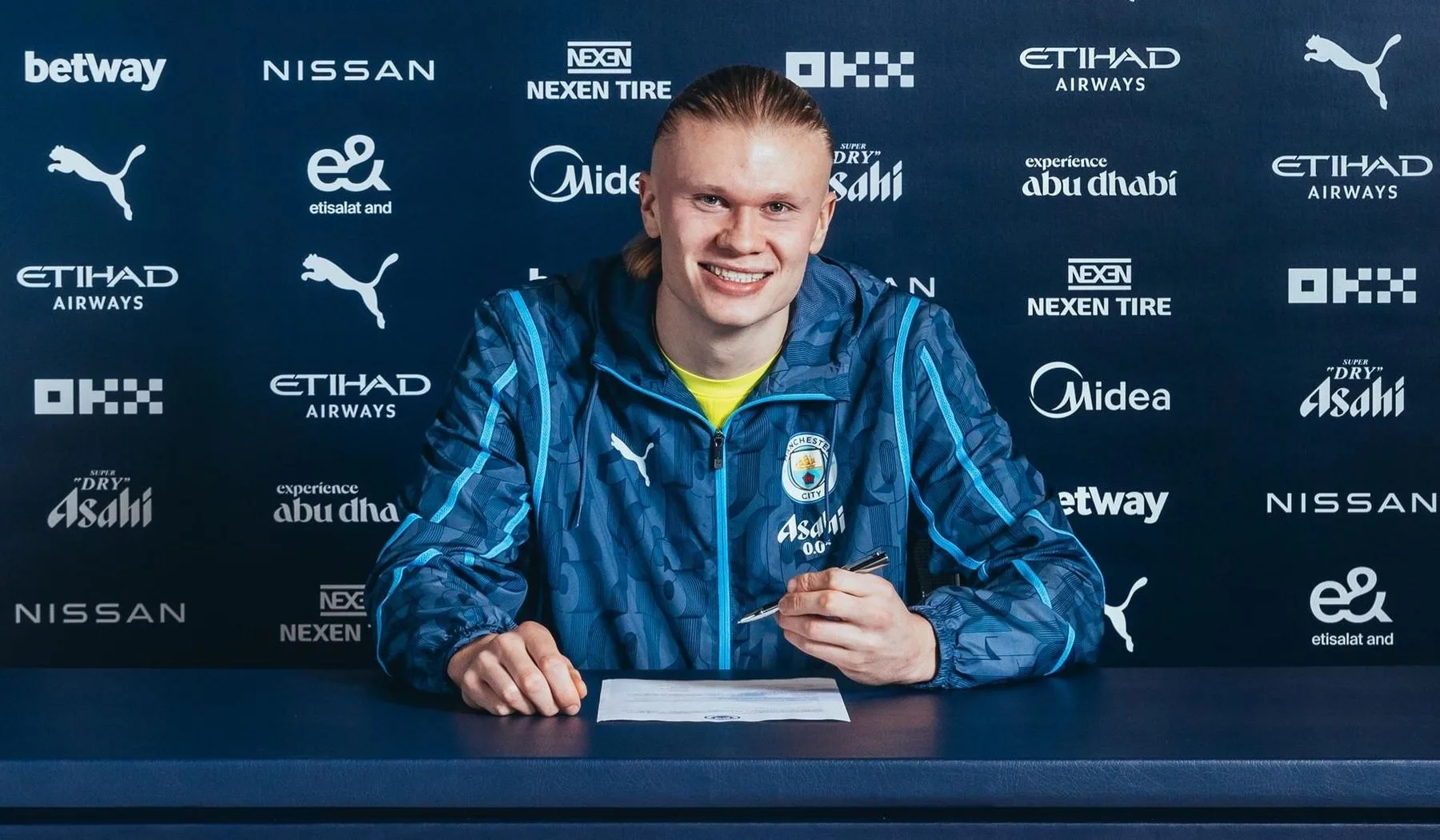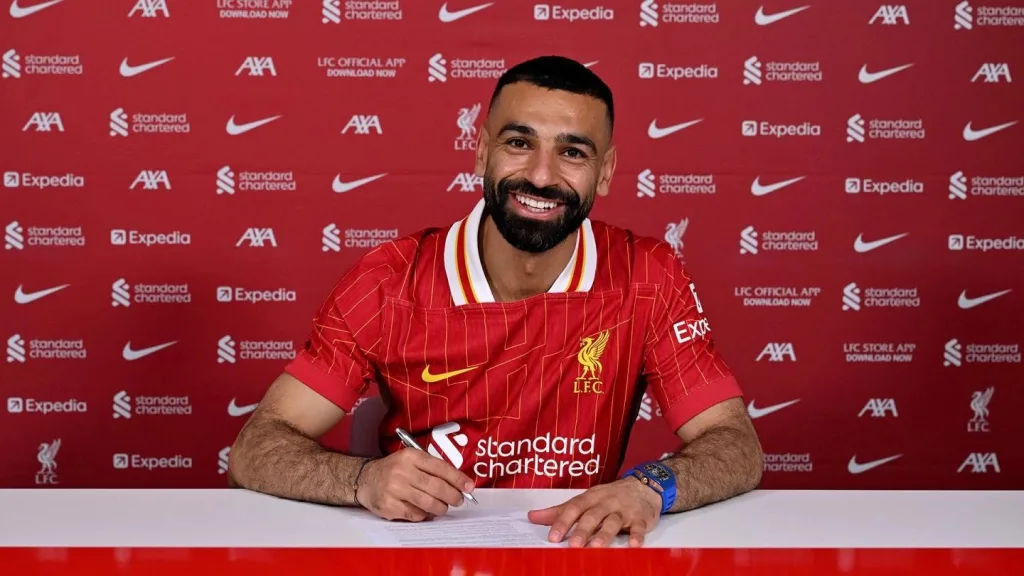In the intricate world of professional football, player contracts are the backbone of club-player relationships, governing everything from salaries to obligations and transfer rights. Among the many components of these agreements, contract extensions stand out as a critical mechanism for clubs and players to secure their mutual interests. Whether it’s a club looking to retain a star player or a footballer aiming for financial stability, understanding how contract extensions work is essential to navigating the sport’s complex ecosystem. This article delves into the mechanics, types, implications, and controversies surrounding contract extensions in football, drawing on recent insights and examples to provide a comprehensive overview.

The basics of a football contract
To grasp how contract extensions function, it’s important to first understand the structure of a football contract. A football contract is a legally binding agreement between a player and a club, outlining the terms of employment. These terms typically include the duration of the contract, the player’s salary, performance-based bonuses, image rights, and specific clauses such as release or termination conditions. Contracts also detail the obligations of both parties, with clubs responsible for providing medical care and a safe working environment, while players are expected to maintain fitness, attend matches, and uphold professional conduct.
The duration of a football contract is often fixed, typically spanning two to six years, though longer deals are not uncommon for young or high-value players. As the contract nears its end, both the club and the player face a critical decision: renew, extend, or part ways. This is where contract extensions come into play, serving as a tool to prolong the existing agreement under new or modified terms, often to the benefit of both parties.
What is a contract extension?
A contract extension is an agreement to lengthen the duration of a player’s existing contract with a club, typically by adding additional years to the original term. Unlike a new contract, which replaces the existing one entirely, an extension builds upon the current agreement, often retaining some of its core terms while introducing new conditions, such as increased salaries, bonuses, or revised clauses. Extensions are negotiated before the original contract expires, ensuring continuity and avoiding the uncertainty of a player becoming a free agent.
Extensions can be initiated by either the club or the player’s representatives, often through agents who specialize in navigating these complex negotiations. The process involves mutual consent, with both sides agreeing on the new terms. In some cases, extensions are triggered automatically through pre-agreed clauses, which we’ll explore later. The primary goal of an extension is to secure the player’s services for a longer period, providing stability for the club and financial security for the player.
Types of contract extensions
Contract extensions in football come in various forms, each with its own mechanics and implications. The two most prominent types are mutual extensions and unilateral or automatic extensions, each governed by specific conditions and legal frameworks.
Mutual extensions
Mutual extensions occur when both the club and the player agree to extend the contract through negotiation. These extensions often arise when a player’s performances justify a longer commitment or when a club seeks to fend off interest from rival teams. For example, in 2020, Barcelona and Frenkie de Jong agreed to a mutual extension that kept the midfielder at the club until 2026, with adjustments to his salary due to the financial strains of the COVID-19 pandemic. Mutual extensions typically involve revised financial terms, such as higher wages or performance incentives, to reflect the player’s value or market conditions.
These negotiations can be complex, as players and their agents push for favorable terms, while clubs aim to balance their wage bills and comply with financial regulations like UEFA’s Financial Fair Play. Mutual extensions are common for key players who are integral to a club’s long-term strategy, ensuring they remain committed rather than exploring free agency or transfer offers.
Unilateral Extension Clauses (UECs)
Unilateral extension clauses (UECs) allow one party—typically the club—to extend the contract without the other’s consent, provided certain conditions are met. These clauses have become controversial due to their one-sided nature, as they can limit a player’s autonomy. UECs are often included in contracts to protect clubs from losing valuable players for free when their contracts expire, especially after the 1995 Bosman ruling, which allowed players to move freely once their contracts ended.
A notable example is César Azpilicueta’s contract with Chelsea. In the 2021/22 season, his deal included a clause that automatically extended his contract by a year if he made a specific number of appearances. When he reached the threshold, Chelsea activated the clause, preventing him from leaving as a free agent despite interest from Barcelona. UECs are particularly common in contracts for young or injury-prone players, allowing clubs to retain control while minimizing financial risk.
However, UECs are not universally accepted. In Spain, for instance, the Royal Decree 1006/1985 mandates that contract extensions require mutual agreement, rendering unilateral clauses invalid unless negotiated with the player. In Italy, UECs are permitted but must include a salary increase for the player to be enforceable, ensuring some benefit for the individual granting the option. The Court of Arbitration for Sport (CAS) has also scrutinized UECs, emphasizing that they must comply with labor laws and not excessively restrict a player’s freedom.
Automatic extension clauses
Automatic extension clauses are a subset of UECs, where the extension is triggered by specific events, such as a player reaching a set number of appearances, the club achieving a certain league position, or avoiding relegation. These clauses are designed to align the interests of both parties by tying the extension to performance or success. For instance, Manchester United has frequently used automatic extensions, with players like Jesse Lingard and Luke Shaw having their contracts extended by a year based on such clauses, even in cases of limited playing time.
Automatic clauses can also apply to managers. In the 2022/23 season, Sunderland’s Tony Mowbray earned a one-year extension when the club finished sixth in the Championship, though he was sacked shortly after. These clauses reduce negotiation uncertainty but can lead to disputes if the triggering conditions are unclear or perceived as unfair.
The benefits and risks of contract extensions
Contract extensions offer significant advantages for both clubs and players, but they also come with risks that must be carefully managed.
Benefits for clubs
For clubs, extensions are a strategic tool to protect their investments. By extending a player’s contract, a club can avoid losing them for free, maintain squad stability, and potentially increase their transfer value. If negotiations for a new deal stall, as seen with Manchester United and Paul Pogba, an extension can buy time to resolve differences or secure a transfer fee. Extensions also provide flexibility in squad planning, allowing clubs to spread out salary costs and comply with financial regulations.
Benefits for players
For players, extensions offer financial security and recognition of their value. A new deal often comes with a salary increase, bonuses, or improved terms, reflecting their contributions or market demand. Extensions can also provide stability, allowing players to focus on their performances without the distraction of an expiring contract. For younger players, long-term extensions, like those given to wonderkids in the Football Manager game, can lock in favorable terms before their value skyrockets.
Risks and controversies
Despite their benefits, extensions can spark disputes. Players may feel trapped by unilateral clauses, as seen in the case of Jonas Gutierrez, who won a disability discrimination claim against Newcastle United after the club allegedly limited his appearances to avoid triggering an automatic extension. Similarly, Barcelona’s attempt to annul Frenkie de Jong’s 2020 extension in 2022, citing alleged criminality in the deal’s authorization, highlighted the potential for clubs to exploit contractual ambiguities.
Clubs also face risks, such as overcommitting to players who underperform or suffer injuries. Automatic extensions triggered by appearances can backfire if a player’s form declines, tying the club to a costly contract. Additionally, long-term extensions can lead to complacency, with some studies suggesting players may perform better in the final year of their contracts—known as the “contract year” phenomenon—due to the incentive to secure a new deal.
Legal and financial considerations
The legality of contract extensions, particularly UECs, varies by jurisdiction. In the UK, standard contracts negotiated between leagues and players’ associations often exclude UECs, favoring mutual agreements. The Premier League and English Football League use standardized contracts that outline clear terms for extensions, ensuring transparency. However, in other regions, such as South America or certain European leagues, UECs are more prevalent, raising concerns about player rights.
Financially, extensions impact a club’s wage structure and transfer strategy. For example, extending a player’s contract can spread out signing bonuses over additional years, freeing up salary cap space in the short term, as seen in the NFL with players like Victor Cruz. In football, clubs must balance extensions with compliance to financial regulations, as excessive wage bills can lead to penalties. Players, meanwhile, must consider tax implications, deferred payments, and the potential for bonuses tied to loyalty or performance, as in Kylian Mbappé’s contract with PSG, which included a significant loyalty bonus if he remained with the club past a certain date.
The role of agents and negotiations
Agents play a pivotal role in negotiating contract extensions, advocating for their clients while navigating the club’s interests. They secure favorable terms, such as higher salaries, release clauses, or performance bonuses, while ensuring the contract aligns with the player’s career goals. Clubs, on the other hand, may push for clauses like UECs or automatic extensions to maintain control. The negotiation process can be protracted, especially for high-profile players, as seen with Erling Haaland, whose contract with Manchester City was reportedly tied to Pep Guardiola’s tenure, automatically extending when the manager renewed his deal.


